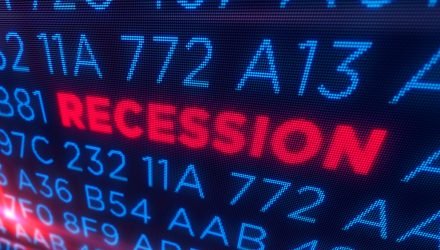Treasury Secretary Steven Mnuchin was brimming with confidence in the U.S. economy, saying that the government will use all the necessary tools available in order to avoid a recession due to the coronavirus outbreak. Based on data from John Hopkins University, more than 156,000 cases of the virus have been confirmed on a global basis.
In the U.S., more than 2,900 cases have sprung up, including 57 deaths. The past week ended the longest bull market in history as the major U.S. indexes fell due to coronavirus fears.
Mnuchin, however, was optimistically looking forward.
“Later in the year, obviously the economic activity will pick up as we confront this virus,” Mnuchin said Sunday on ABC. “The real issue is not the economic situation today. The real issue is what economic tools are we going to use to make sure we get through this.”
Other economists, however, beg to differ.
“I wouldn’t be one bit surprised if when we look back at the data, it is decided … that the recession started in March,” said Alan Blinder, an economist and former Federal Reserve vice chairman. “It takes months to get the data that would be relevant to a call like that. But it wouldn’t be a bit surprising to me.”
“This has really become a major public health crisis, which has, in turn, curtailed consumer demand,” said Gary Cohn, former National Economic Council director. “Most likely, I’m willing to say, we are already in a recession. We are having negative growth right now and the market is pricing in that uncertainty.”
US Recession Probability data by YCharts
Will the latest governmental efforts be enough to ward off a recession in the U.S. economy? This creates an opportunity for investors to capitalize on the Direxion FTSE Russell US Over International ETF (NYSEArca: RWUI).
RWUI offers investors the ability to benefit not only from domestic U.S. markets potentially performing well but from their outperformance compared to international markets.
- Seeks investment results, before fees and expenses, that track the Russell 1000®/FTSE All-World ex-US 150/50 Net Spread Index (the “index”).
- The fund, under normal circumstances, invests at least 80% of its net assets (plus borrowing for investment purposes) in securities that comprise the Long Component of the index or shares of ETFs on the Long Component of the index.
- The index measures the performance of a portfolio that has 150% long exposure to the Russell 1000® Index (the “Long Component”) and 50% short exposure to the FTSE All-World ex-US Index (the “Short Component”).
For more relative market trends, visit our Relative Value Channel.


